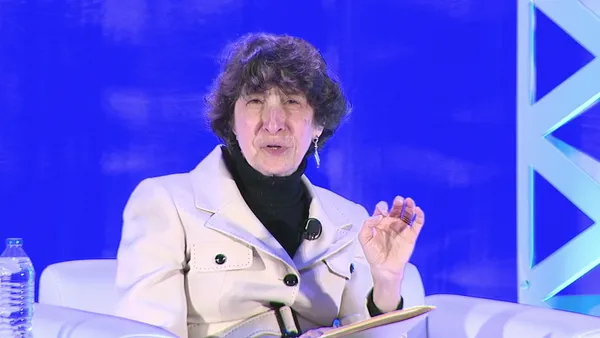Dive Brief:
- A nationwide health care provider for jails and prisons has agreed to pay $950,000 to 23 individuals to resolve claims that its return-to-work policies violated the Americans with Disabilities Act (ADA).
- In a lawsuit, the U.S. Equal Employment Opportunity Commission (EEOC) alleged that Corizon Health Inc. and Corizon LLC refused to accommodate employees with disabilities who exhausted their leave under the company's policy and the Family and Medical Leave Act, firing them if they were unable to return to work once their leave ended. The employers repeatedly failed to consider accommodations such as reassignment, unpaid leave and modified work schedules that would have allowed employees with disabilities to return to work, EEOC said, instead requiring that workers be 100% healed or without medical restrictions.
- In addition to the monetary settlement, the companies agreed to modify their policies and practices, provide annual training to employees and hire a monitor to ensure compliance.
Dive Insight:
The Corizon companies are far from the first to find themselves defending such policies, especially to the EEOC. UPS in 2017 agreed to pay $1.7 million to resolve similar claims alleged by the commission; a Las Vegas gaming company paid $3.5 million last year to do the same.
"We are very concerned that so many employers violate the ADA with discriminatory policies," Mary Jo O'Neill, an EEOC regional attorney said in a statement announcing the Corizon settlement. "Employers need to consider additional unpaid leave and reassignment as reasonable accommodations when an employee is unable to do their job even with reasonable accommodations."
The ADA requires an employer to provide a reasonable accommodation to an employee or job applicant with a disability, unless doing so would cause the employer undue hardship. As O'Neill noted, the law favors adjustments that allow employees to return to their jobs but also contemplates accommodations like reassignment and leave.
Leave as a reasonable accommodation can include time off beyond what an employer generally permits and what the FMLA protects, according to an EEOC document. In cases where an employee is not able to return to work, the employer should consider whether additional leave can be provided as a reasonable accommodation, absent undue hardship, the EEOC said. However, the agency noted, requests for leave may be an undue hardship in instances where it would be hard to find someone to perform the job on a temporary basis because the employee's role is "highly specialized" or where the employee cannot provide an estimated date of return.
Notably, one jurisdiction stands in disagreement with EEOC and most of the other federal appeals courts. In 2017, the 7th U.S. Circuit Court of Appeals held that that the ADA is not a leave law and that a multi-month leave is not a reasonable accommodation; the U.S. Supreme Court declined to review the ruling in 2018. The 7th Circuit covers Wisconsin, Illinois and Indiana.














